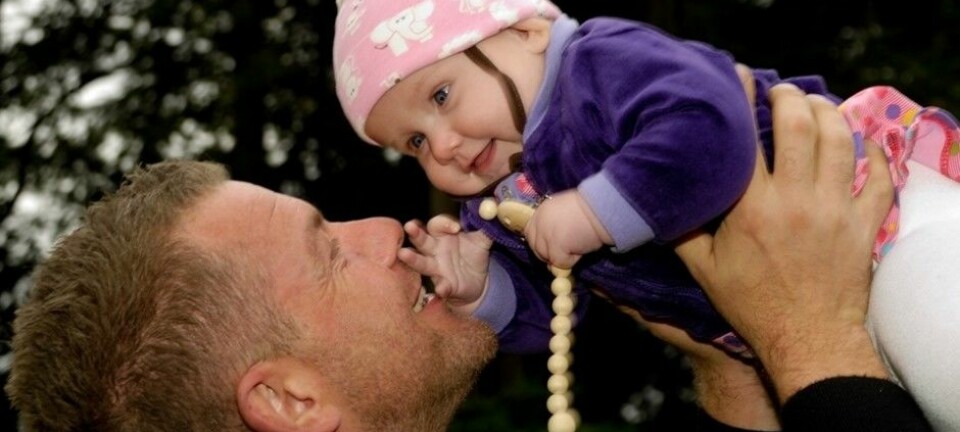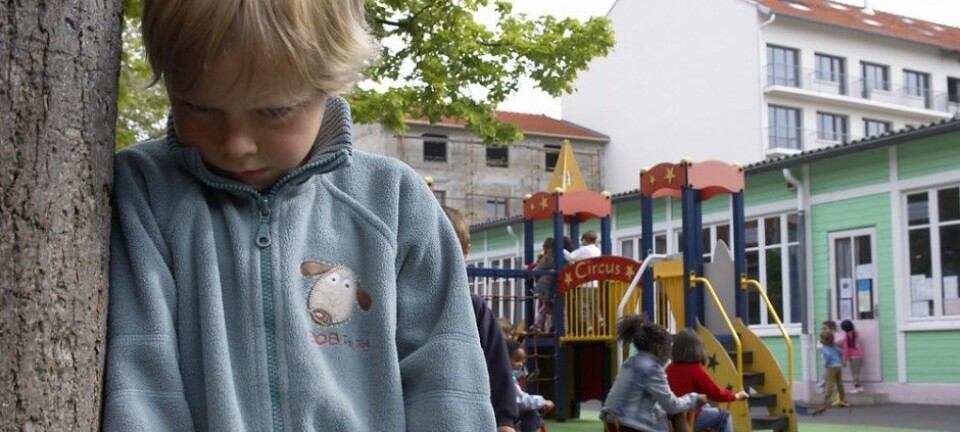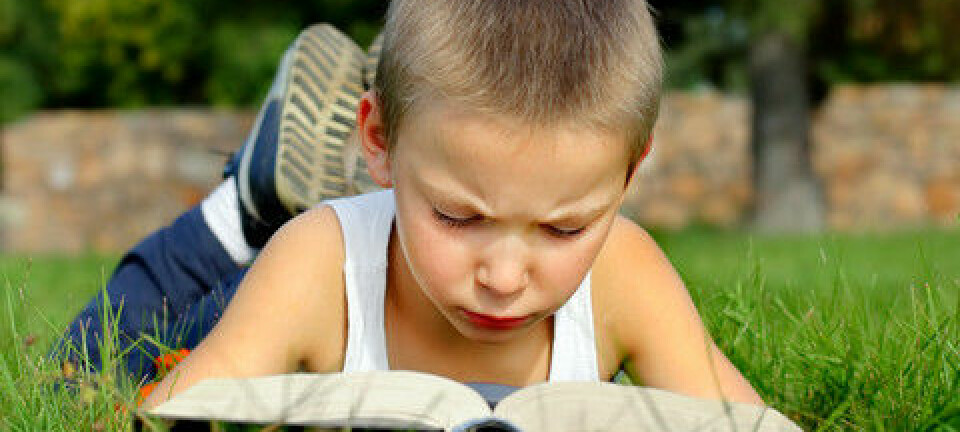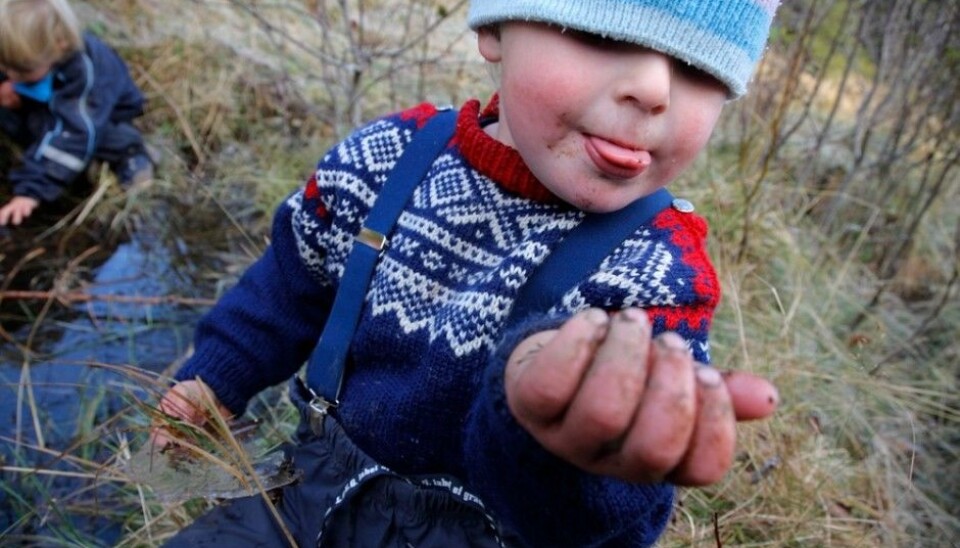
Offering free kindergarten is only a first step
Low-income families in Norway are offered 20 hours of free kindergarten a week, but more services are needed to even out inequalities among school children, says researcher.
Denne artikkelen er over ti år gammel og kan inneholde utdatert informasjon.
Starting at the primary level and continuing through university studies, Norwegian public education is free of charge. Kindergarten is not compulsory and has parental fees, but the government is working to provide a long-term kindergarten funding scheme to meet its goal of making kindergarten available to all children regardless of their parents’ finances.
In an effort toward this goal and to increase school readiness, the Norwegian government ran a trial of free core time in kindergarten during the 2014-15 school year. The pilot programmes ran in three urban areas and targeted low-income families. The two objectives were to introduce free or reduced kindergarten places, and for local authorities to systematically work to increase kindergarten enrolment.
Starting in August this year, the government has introduced free core time in kindergarten nationwide. The offer comes in the form of 20 hours of free kindergarten for children who are four or five years old and from families who do not earn over 44 000 Euros per year. As in the pilot programmes, stay-at-home parents are required to enrol in some activity. For many, this is a Norwegian language course.
Activity requirement seen as a golden opportunity
Not surprisingly, researchers report that parents who were offered 20 hours of free kindergarten a week, were happy for the offer. Many of the families are struggling financially.
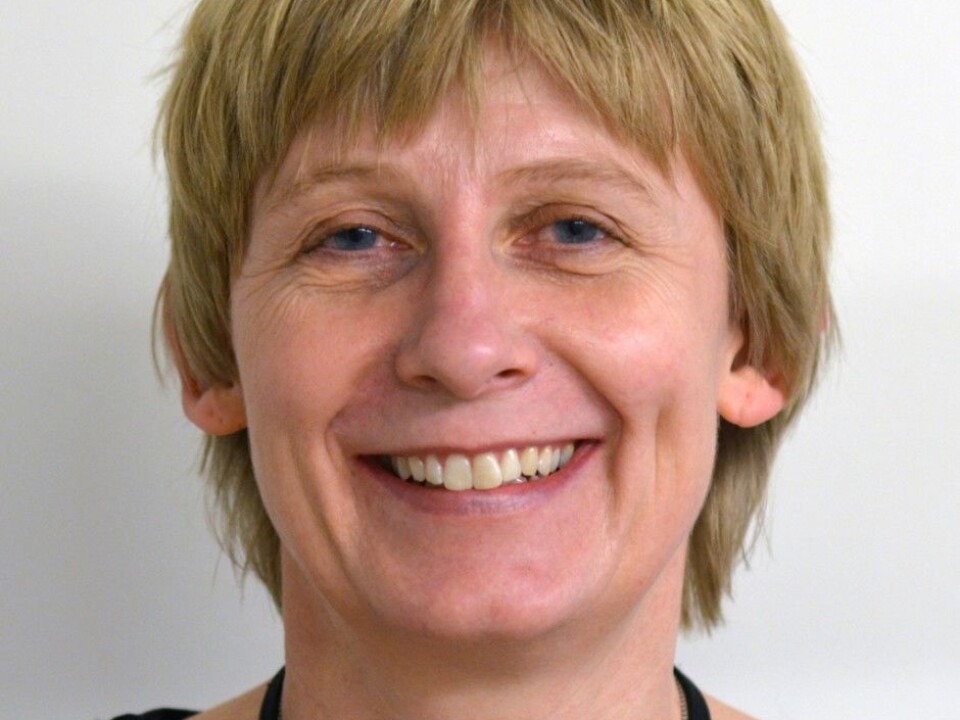
More surprisingly, many parents say that the activity offers they received were the most positive aspect of the programme. They saw the activity requirement as a golden opportunity to give their life a new direction.
None of the parents interviewed regarded the stipulation as a “duty.” They saw it as a chance to become part of Norwegian society. Improving their language skills opens doorways into the workforce, communication with their children’s teachers, and talking with neighbours.
Overcoming bureaucratic hurdles
Beret Bråten is a researcher at the research institute Fafo and has led efforts to evaluate the pilot programmes in Drammen, Bergen and Gamle Oslo and build on the experiences from there.
The researchers believe the new initiative will bring more children into kindergartens, but that the municipalities need funding to systematically recruit families.
Experiments with free core time in Norwegian municipalities have been going on since 1998. But last year’s trial is the first that included an activity requirement.
The latest trial also consistently made home visits to inform families about kindergartens and help them enrol their children.
“It’s clear that we reach many more families when the municipality runs intensive recruitment efforts,” Bråten said. The Fafo study confirmed that many families applied for and received a kindergarten place after these home visits.
Ann Louise Gustafsson is the unit healthcare leader for children and young people in Gamle Oslo, the district with the highest number of poor people in Oslo. Fully 30 per cent of children and young people here live below the poverty line.
With government funding, staff in the district last year set out on home visits to offer families help in finding kindergarten places. The goal was to seek out the three-, four- and five-year olds who were not enrolled in kindergarten.
Gustafsson said that parents who don’t understand Norwegian struggle to make heads or tails of the bureaucracy. Several families had sought and been offered a kindergarten place, but lost it because they didn’t know that they needed to confirm the space on their mobile phone.
Helping where it’s needed most
Free and reduced kindergarten fees are a good step, but more efforts are necessary, according to Gustafsson.
“Information is important and we need to inform in several different ways. We need to have a close dialogue with parents. To achieve that, we need resources that enable us to work on this continuously,” she says.
To this end, employees in Gamle Oslo now help residents use PCs and fill out applications every Friday.
“If a child isn’t going to kindergarten because the parents don’t know how to apply for a place, this is a good indication that these are the very children who really need kindergarten to prepare for the start of school,” says Bråten. “And it takes a special effort to recruit precisely these children.”
Making kindergarten mandatory for the oldest preschool children, as a school readiness measure, is another option. “But this isn’t discussed in Norwegian politics,” Bråten says.
Supports school preparedness
Studies of the experiments with free core time in kindergarten show that these programmes are succeeding in enrolling more children in kindergartens.
And a study from Statistics Norway (SSB) suggests that children from low-income families benefit the most from starting kindergarten early. Especially immigrant children's school grades are better after attending kindergarten.
“Research indicates that services provided before the start of school are important. They can help start children off on a more equal footing as they begin the rest of their lives,” says Bråten.
-------------------------------------
Read the Norwegian version of this article at forskning.no







